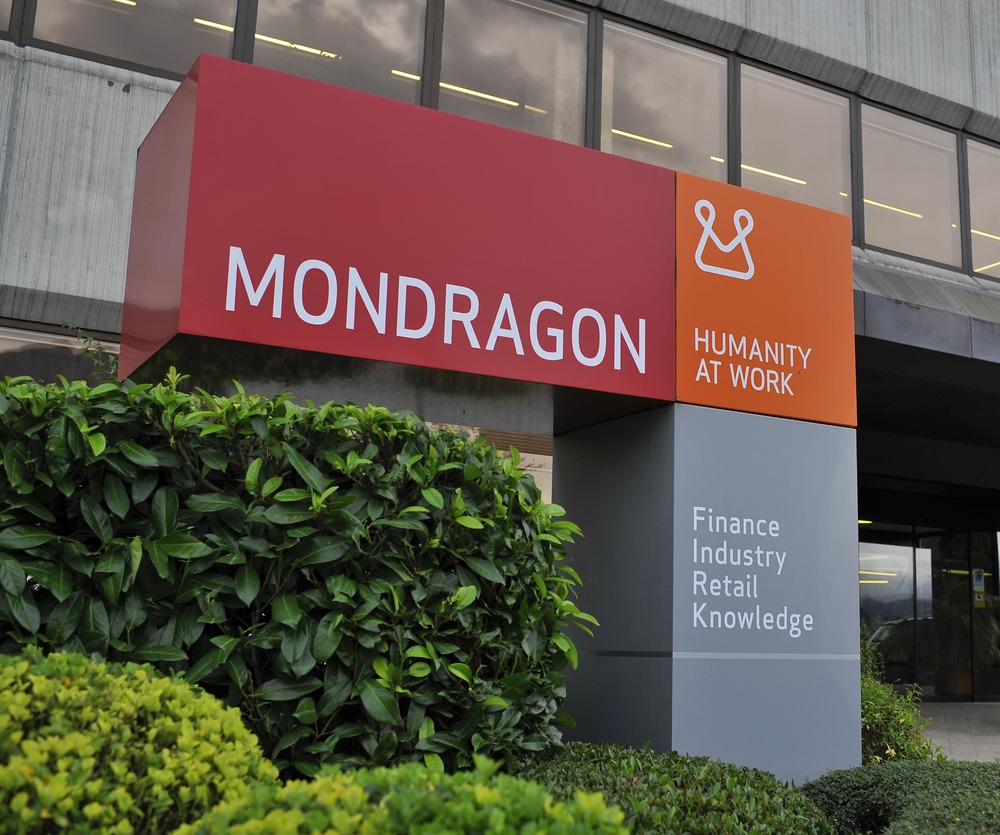This is part of a series that I’ve been posting on Facebook. Rather than let it disappear into social media purgatory, I’m posting these as-is. I’ll hopefully return to add links, images, and make necessary edits in future. But the idea is to give people who only know left politics from right-wing propaganda a basic understanding of how the left sees its own overarching ideologies.
Wait. Didn’t I do this one before? There is a profound difference between a Social Democrat and a Democratic Socialist. The former seeks to manage capitalism for the benefit of the population. The latter seeks to drop capitalism from production altogether within a democratic state.
Let’s use two recent examples. Bernie Sanders is a social democrat. He loved using the word ‘socialist’ to take it away from his enemies as a weapon against him. But he only proposed regulating private business to lessen the appalling effects of capitalism.
Jeremy Corbyn, on the other hand, had an election proposal that got very little attention (in the unprecedented frenzy to paint him as Hitler and Stalin’s love-child). He said that the Labour government would pass a law giving employees of a company first right-of-refusal whenever the owners sell. Furthermore, he’d create a large government fund to give cheap loans to help employees buy.
This proposal would have been a vehicle for passing private business into the hands of employees. A worker owned-company obviously doesn’t throw its workers under the bus for profits. But also, since workers usually represent a broad spectrum of the society – rather than the elite that run and own private companies – they also have a huge disincentive to harm the society with their activities and to enhance public programmes rather than lobbying against them.
That was to be the starting-gun for democratic socialism – the state-supported attempt to undo the minority ownership of industrial production and hand it instead to the *population* – not the *state* as seen in Marxist-Leninist countries like the USSR and Cuba.
Even in social democracies like Denmark and Germany, democracy is curtailed at the workplace door (in the USA it all but ends). Most of your waking life is spent with a tiny minority of powerful people telling you how to dress, when to take your lunch, what to work on, when to work, and how to work on it.
Everyone who’s worked in a private company knows that the bosses are often not the best-informed people in the organisation. They’re sometimes downright incompetent. And nearly always they have very different financial concerns than employees.
In an industrial ‘worker co-operative’ like the enormous Mandragon in Spain (pictured above. Src), it’s one employee, one vote. This doesn’t only ensure that the best interests of employees are always the priority of the company. It also makes the kinds of conspiracies that frequently take place in and between private companies extremely difficult. You’re not dealing with eight people in the know anymore, but dozens.
The likes of Tiger Brand’s sociopathic price-fixing of bread would not only have come out sooner but many of the workers and their extended families who’d be hurt by it would oppose such a conspiracy in the first place.
This is the focus of democratic socialists: bringing democracy through the workplace doors.
Many, like Corbyn, see no need for revolution. If government incentives let employees choose between worker-owned and privately-owned companies, private companies would need to give their workers equal treatment or not find talented employees. Eventually, they’d be unable to exploit employees or the society sufficiently to provide big surplus profits to shareholders.
Unlike Anarchists, democratic socialists mostly see a powerful role for the government in nurturing such a society and providing services that benefit from economies of scale and require constant ethical oversight – such as healthcare, education, public housing, utilities, transport, etc..
Unlike Marxist-Leninists, they don’t want a new boss who’s the same as the old boss. Having an all-powerful, unaccountable state controlling everything obviously led to corruption and state violence. And it offered employees no greater freedom in the workplace than they had under capitalism.
Unlike social democracies, ultra-wealthy elites would not be constantly undermining hard-won quality-of-life gains.
This is the centre within the left. Democratic, but still seeing a role for a government. People would enjoy the social freedoms and security they enjoy under social democracy. But those freedoms and agency would extend into the workplace. Production for people, not vice-versa.

